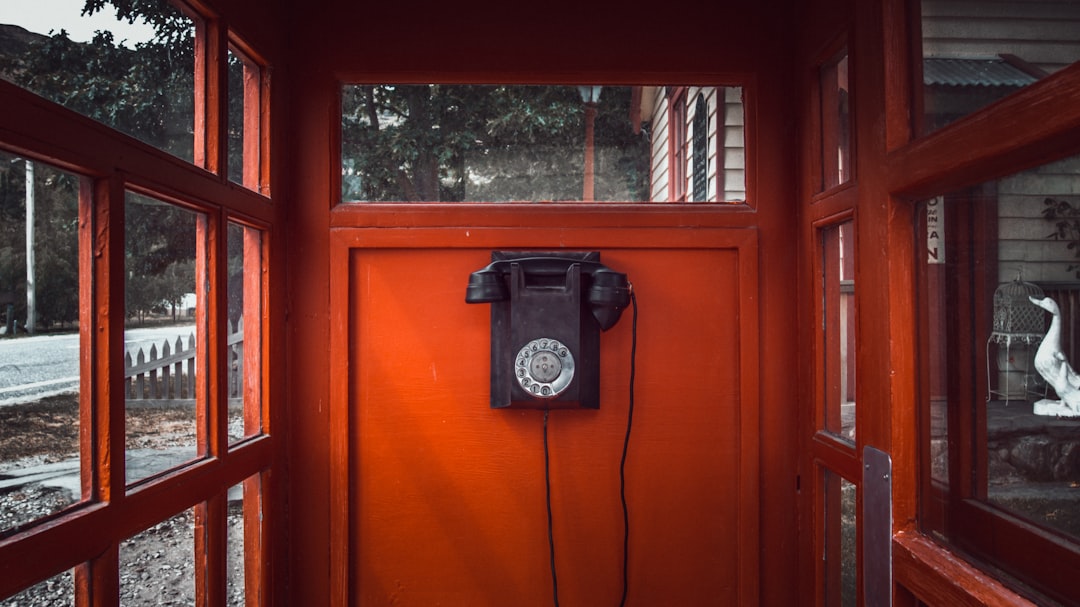Robocalls are a growing problem in Maryland and across the US, with scams leading to identity theft and financial loss. While federal laws like the TCPA offer protection, including the right to sue for robocalls in Missouri, initial steps include registering with Do-Not-Call lists, using blocking apps, and reporting suspicious calls. Advanced caller ID systems and machine learning algorithms can help differentiate legitimate from spam calls, empowering individuals to combat this modern nuisance effectively.
In Maryland, robocalls have become a persistent nuisance, affecting millions. This article explores effective strategies to combat this growing problem, focusing on leveraging technology and understanding legal options like suing for robocalls in Missouri. We delve into advanced tech solutions to block and identify calls, providing practical tips for individuals. By combining technological innovation with knowledge of rights—including the potential to sue in Missouri—residents can reclaim their phone lines from unwanted automated intruders.
Understanding Robocalls and Their Impact in Maryland

Robocalls, automated phone calls that deliver pre-recorded messages or live agents, have become a widespread nuisance across Maryland and beyond. While many calls are legitimate marketing efforts, the rise in scam and fraudulent robocalls has significantly impacted consumers. These unwanted calls often aim to trick individuals into providing personal information or performing financial actions, leading to identity theft, financial loss, and a sense of frustration among recipients.
In Maryland, as in many other states, robocalls have evolved to target specific demographics and interests, from political campaigns to debt collection agencies. The sheer volume of these calls can be overwhelming, especially for individuals who receive them frequently. To combat this issue, it’s essential to understand the legal aspects, including consumer protection laws and options for seeking relief. While suing for robocalls is an option, as per Missouri’s regulations or similar legal frameworks, it’s crucial to explore other measures like registering with Do-Not-Call lists, using call-blocking apps, and reporting suspicious calls to relevant authorities first.
Technology Solutions to Block and Identify Robocalls

Robocalls have become a persistent nuisance, but technology offers powerful tools to combat them. One effective solution is using call blocking and filtering software that can intelligently identify and block automated calls. These systems employ machine learning algorithms to analyze call patterns, detect suspicious behavior, and filter out unwanted robocalls before they reach your phone. Many modern call management apps and services utilize this technology, providing a robust defense against relentless automated calls.
Additionally, advanced caller ID systems can accurately identify and display the origin of incoming calls, helping you differentiate between legitimate calls and potential robocallers. This information empowers individuals to take action, such as blocking specific numbers or reporting suspicious activity, which can contribute to a more comprehensive strategy for dealing with robocalls. Moreover, staying informed about legal options is crucial; in Missouri, for instance, there are laws protecting consumers from certain types of robocalls, so understanding your rights and exploring potential legal avenues, like suing for robocalls, is an important step in the fight against this modern irritant.
Legal Aspects: Can You Sue for Robocalls in Missouri?

In the United States, including Maryland, there are federal and state laws in place to protect consumers from unwanted robocalls. The Telephone Consumer Protection Act (TCPA) is a key piece of legislation that restricts how businesses can use automated dialing systems to make calls. If you’ve received robocalls, you may wonder if legal action is an option. The short answer is yes, you can take legal action against companies making unwanted robocalls, including in Missouri.
If you believe a company has violated the TCPA by calling you using an automatic dialing system without your prior consent, you have rights. You can file a complaint with the Federal Trade Commission (FTC) and potentially seek damages through individual or class-action lawsuits. It’s important to document each robocall received, including dates, times, and any information disclosed during the call, as this could be crucial evidence if you decide to pursue legal action.
Effective Strategies to Combat Robocalls at an Individual Level

Robocalls can be a nuisance, but there are effective strategies individuals in Maryland can use to combat them. The first step is to identify and understand the types of robocalls you’re receiving. Many phone numbers are targeted based on availability or similarity, so personal information protection is key. Use unique passwords for all accounts and enable two-factor authentication whenever possible. This makes it harder for automated systems to gain access to your number.
Additionally, consider registering your number with the National Do Not Call Registry. While this doesn’t guarantee a complete stop to robocalls, it’s a legal step that reduces the volume of unsolicited calls. Another powerful tool is using call-blocking apps or built-in phone features to automatically filter out known spam numbers. These measures, combined with being cautious about sharing your number online, can significantly reduce the number of robocalls you receive. Remember, if you’re facing persistent or illegal robocall activity, consulting with a lawyer to explore options like legal action in Missouri is also an effective strategy.






